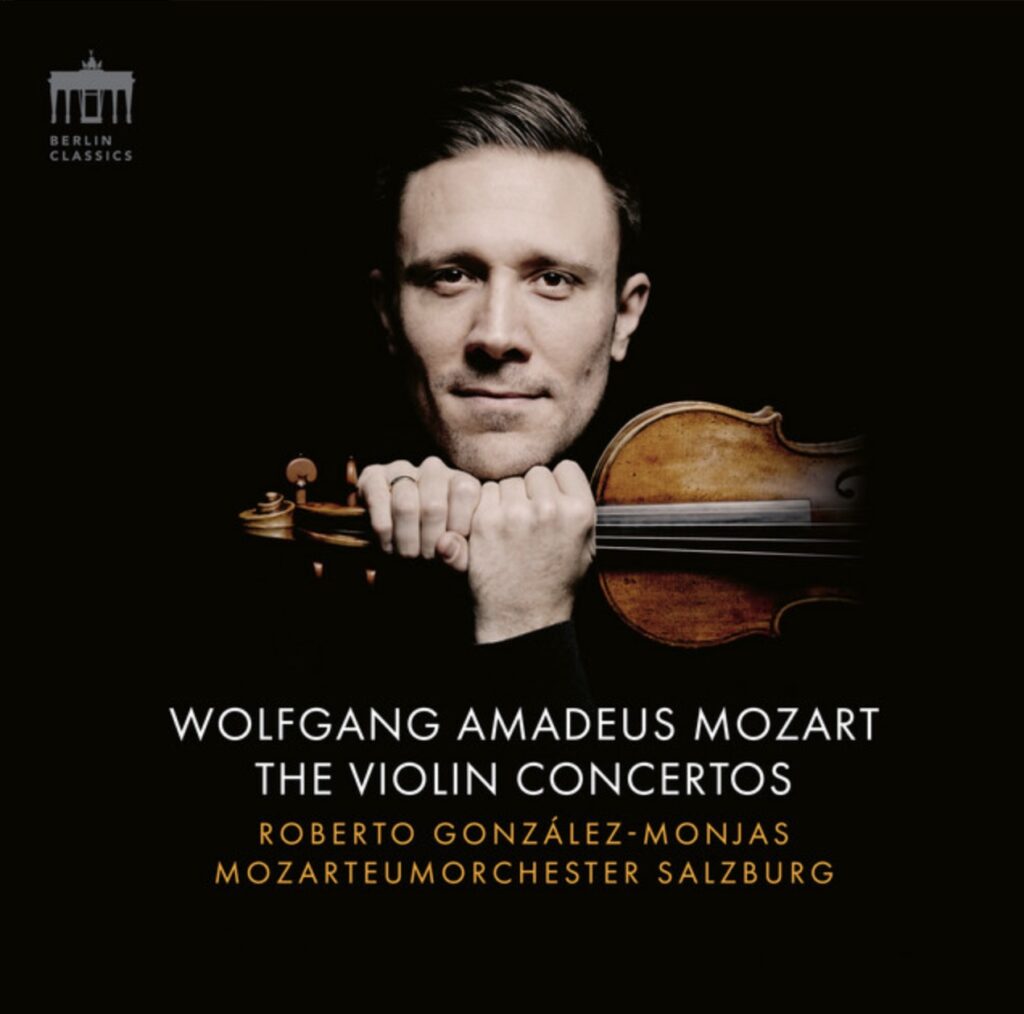
In an extraordinary find, a previously unknown waltz by Frédéric Chopin was uncovered at the Morgan Library and Museum in New York. The manuscript, dated between 1830 and 1835, marks the first Chopin discovery in over half a century. The piece, a brief yet emotionally intense waltz in A minor, reveals a dynamic range and a youthful vigor atypical of Chopin’s mature works.
The Discovery Process
Robinson McClellan, a researcher, stumbled upon the manuscript while cataloging memorabilia. Initial doubts about its authenticity were dispelled through meticulous analysis of handwriting, paper, and ink. Renowned Chopin scholar Jeffrey Kallberg described the moment he identified the work: “My jaw dropped.”
Musical Features
The waltz spans 48 measures, or roughly 80 seconds with repeats. Its triple forte opening is particularly striking, evoking a dramatic and raw depiction of Polish winters, according to pianist Lang Lang. He remarked that the piece, while simple in technical demands, epitomizes Chopin’s early romantic style with remarkable authenticity.
Reception and Performance
Lang Lang premiered the waltz at Steinway Hall, emphasizing its emotive depth despite its brevity. Critics and audiences alike have lauded the composition. Classic FM notes that while this isn’t Chopin’s most complex music, it vividly reflects his genius during a formative period
Source: Classic FM
Access and Anticipation
While the original manuscript remains at the Morgan Library, enthusiasts await its official sheet music publication. The discovery has reignited interest in archival research, promising a fresh chapter in understanding Chopin’s legacy.
#ChopinRediscovered #NewChopinWaltz #ClassicalMusicHistory #LostMasterpiece #Chopin2024 #LangLangPremiere #PianoWaltz #ClassicalMusicLovers #MorganLibraryFind #ChopinLegacy #RareMusicDiscovery #PolishComposer #RomanticEraMusic #HiddenGemsOfMusic #ClassicalPiano







